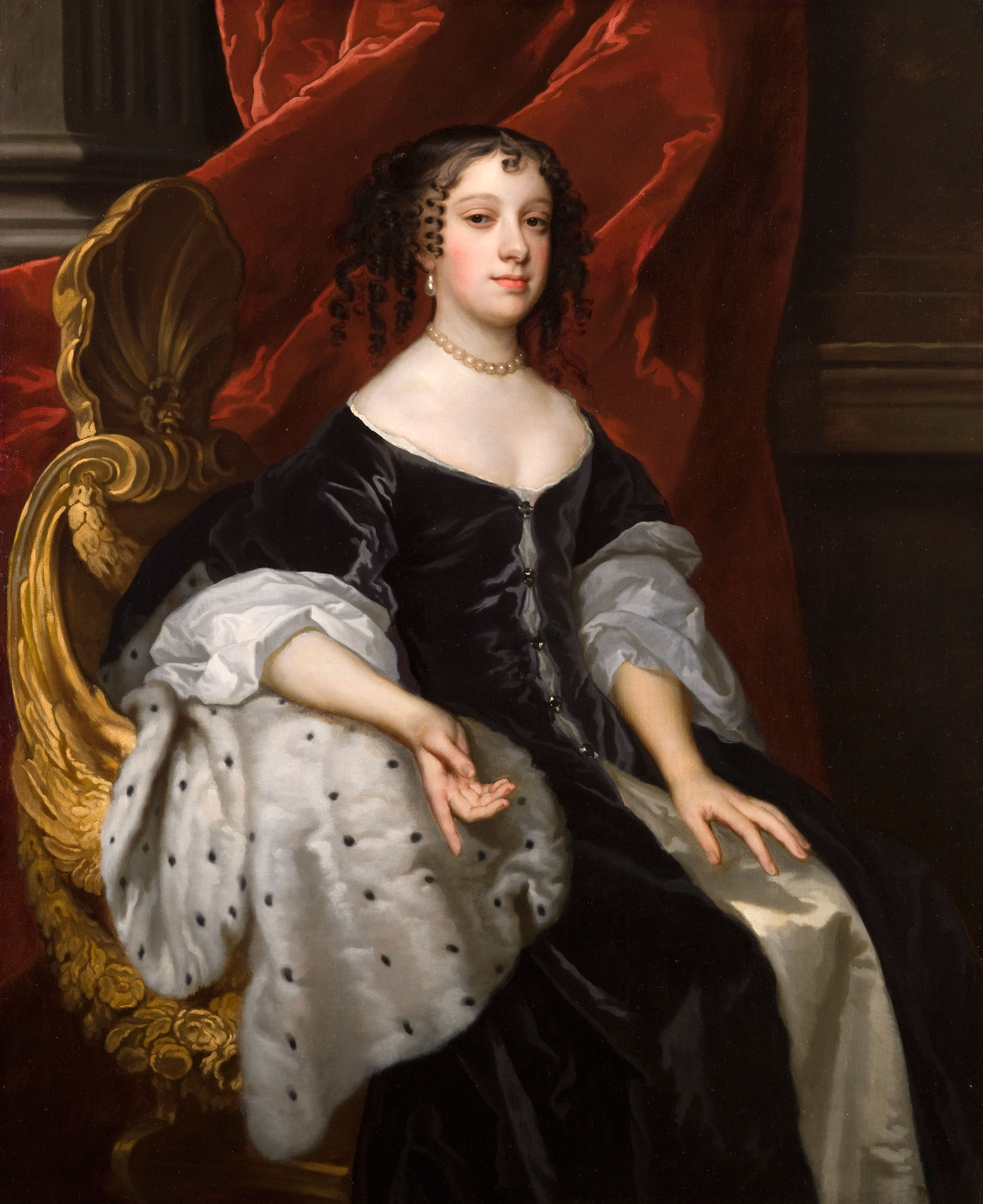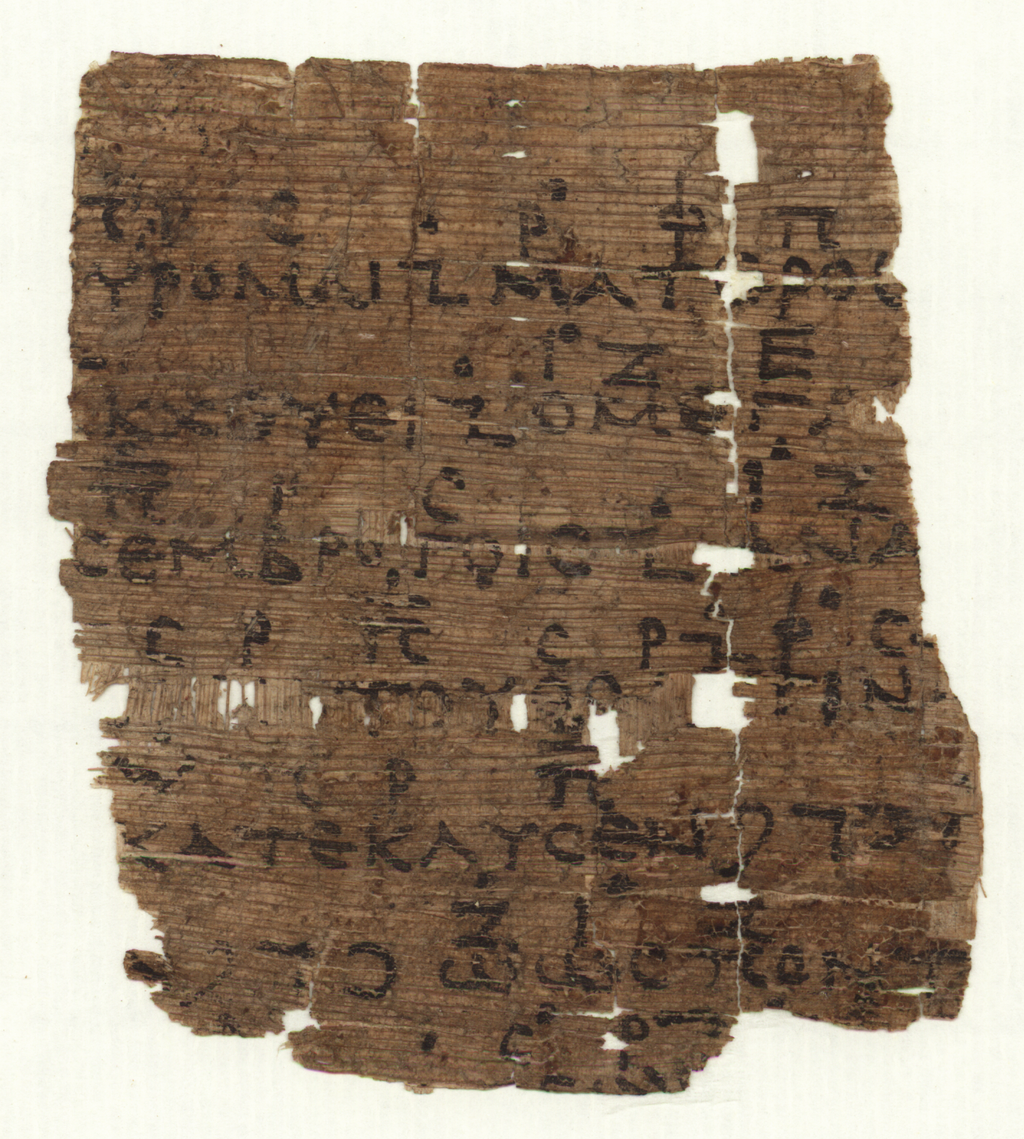|
Sose (mythology)
In Greek mythology, Sose ( from ''sôs'') or Sosis () may refer to two distinct characters: * Sose, a prophetic Arcadian nymph who coupled with Hermes and became the mother of Agreus, one of the Pans, who came to join Dionysus in his campaign against India. * Sosis, queen of Argos as wife of King Triopas and mother of the twins Pelasgus and Iasus, Agenor and Xanthus.Scholia ad Euripides, ''Orestes'' 932 Year 932 (Roman numerals, CMXXXII) was a leap year starting on Sunday of the Julian calendar. Events By place Europe * Summer – Alberic II of Spoleto, Alberic II leads an uprising at Rome against his stepfather Hugh of Italy, Hu ... Notes {{Reflist Nymphs Queens in Greek mythology Mythological Argives Women in Greek mythology Mythology of Argos, Peloponnese ... [...More Info...] [...Related Items...] OR: [Wikipedia] [Google] [Baidu] |
Greek Mythology
Greek mythology is the body of myths originally told by the Ancient Greece, ancient Greeks, and a genre of ancient Greek folklore, today absorbed alongside Roman mythology into the broader designation of classical mythology. These stories concern the ancient Greek religion's view of the Cosmogony, origin and Cosmology#Metaphysical cosmology, nature of the world; the lives and activities of List of Greek deities, deities, Greek hero cult, heroes, and List of Greek mythological creatures, mythological creatures; and the origins and significance of the ancient Greeks' cult (religious practice), cult and ritual practices. Modern scholars study the myths to shed light on the religious and political institutions of ancient Greece, and to better understand the nature of mythmaking itself. The Greek myths were initially propagated in an oral tradition, oral-poetic tradition most likely by Minoan civilization, Minoan and Mycenaean Greece, Mycenaean singers starting in the 18th century&n ... [...More Info...] [...Related Items...] OR: [Wikipedia] [Google] [Baidu] |
Iasus (king Of Argos)
In Greek mythology, Iasus (; Ancient Greek: Ἴασος) or Iasius (; Ἰάσιος) was a king of Argos. Family According to Hellanicus of Lesbos, Phoroneus had at least three sons: Agenor, Jasus (Iasus) and Pelasgus. According to the mythographer Apollodorus, Iasus was the son of Argus and Ismene (daughter of Asopus) and thus brother of Argus Panoptes. In a Scholia on Euripides' ''Orestes'', Triopas and Sosis are called his parents and Pelasgus is his brother.Scholia on Euripides, ''Orestes'' 932 Pausanias described Iasus as the son of Triopas (son of Phorbas) and brother of Agenor. Generally most scholars agree that Iasus was the father of Io by Leucane. Possibly by the latter, he also fathered Arestor, father of Pelasgus who migrated to Arcadia. Reign After the death of Phoroneus, the two elder brothers, Pelasgus and Iasus, divided his dominions between themselves in such a manner that Pelasgus received the country about the river Erasmus, and built Larissa, and ... [...More Info...] [...Related Items...] OR: [Wikipedia] [Google] [Baidu] |
Mythological Argives
Myth is a genre of folklore consisting primarily of narratives that play a fundamental role in a society. For scholars, this is very different from the vernacular usage of the term "myth" that refers to a belief that is not true. Instead, the veracity of a myth is not a defining criterion. Myths are often endorsed by religious (when they are closely linked to religion or spirituality) and secular authorities. Many societies group their myths, legends, and history together, considering myths and legends to be factual accounts of their remote past. In particular, creation myths take place in a primordial age when the world had not achieved its later form. Origin myths explain how a society's customs, institutions, and taboos were established and sanctified. National myths are narratives about a nation's past that symbolize the nation's values. There is a complex relationship between recital of myths and the enactment of rituals. Etymology The word "myth" comes from Ancient G ... [...More Info...] [...Related Items...] OR: [Wikipedia] [Google] [Baidu] |
Queens In Greek Mythology
Queens is the largest by area of the Boroughs of New York City, five boroughs of New York City, coextensive with Queens County, in the U.S. state of New York (state), New York. Located near the western end of Long Island, it is bordered by the borough of Brooklyn and by Nassau County, New York, Nassau County to its east, and shares maritime borders with the boroughs of Manhattan, the Bronx, and Staten Island, as well as with New Jersey. Queens is one of the most linguistics, linguistically and ethnically diverse places in the world. With a population of 2,405,464 as of the 2020 United States census, 2020 census, Queens is the second-most populous county in New York state, behind Kings County (Brooklyn), and is therefore also the second-most populous of the five New York City boroughs. If Queens were its own city, it would be the List of United States cities by population, fourth most-populous in the U.S. after the rest of New York City, Los Angeles, and Chicago. Queens is the fo ... [...More Info...] [...Related Items...] OR: [Wikipedia] [Google] [Baidu] |
Nymphs
A nymph (; ; sometimes spelled nymphe) is a minor female nature deity in ancient Greek folklore. Distinct from other Greek goddesses, nymphs are generally regarded as personifications of nature; they are typically tied to a specific place, landform, or tree, and are usually depicted as Virginity, maidens. Because of their association with springs, they were often seen as having healing properties; other divine powers of the nymphs included divination and shapeshifting. In spite of their divine nature, they were not immortality, immortal. Nymphs are divided into various Nymph#List, broad subgroups based on their habitat, such as the Meliae (ash tree nymphs), the Dryads (oak tree nymphs), the Alseids (Grove (nature), grove nymphs), the Naiads (Spring (hydrology), spring nymphs), the Nereids (sea nymphs), the Oceanids (ocean nymphs), and the Oreads (mountain nymphs). Other nymphs included the Hesperides (evening nymphs), the Hyades (mythology), Hyades (rain nymphs), and the Pleiade ... [...More Info...] [...Related Items...] OR: [Wikipedia] [Google] [Baidu] |
Orestes (play)
''Orestes'' (, ''Orestēs'') (408 BCE) is an Ancient Greek play by Euripides that follows the events of Orestes after he had murdered his mother. Background In accordance with the advice of the god Apollo, Orestes has killed his mother Clytemnestra to avenge the death of his father Agamemnon at her hands. Despite Apollo's earlier prophecy, Orestes finds himself tormented by Erinyes or Furies to the blood guilt stemming from his matricide. The only person capable of calming Orestes down from his madness is his sister Electra. To complicate matters further, a leading political faction of Argos wants to put Orestes to death for the murder. Orestes’ only hope to save his life lies in his uncle Menelaus, who has returned with Helen after spending ten years in Troy and several more years amassing wealth in Egypt. In the chronology of events following Orestes, this play takes place after the events contained in plays such as ''Electra'' by Euripides and Sophocles or '' The Liba ... [...More Info...] [...Related Items...] OR: [Wikipedia] [Google] [Baidu] |
Euripides
Euripides () was a Greek tragedy, tragedian of classical Athens. Along with Aeschylus and Sophocles, he is one of the three ancient Greek tragedians for whom any plays have survived in full. Some ancient scholars attributed ninety-five plays to him, but the ''Suda'' says it was ninety-two at most. Of these, eighteen or nineteen have survived more or less complete (''Rhesus (play), Rhesus'' is suspect). There are many fragments (some substantial) of most of his other plays. More of his plays have survived intact than those of Aeschylus and Sophocles together, partly because his popularity grew as theirs declinedMoses Hadas, ''Ten Plays by Euripides'', Bantam Classic (2006), Introduction, p. ixhe became, in the Hellenistic Age, a cornerstone of ancient literary education, along with Homer, Demosthenes, and Menander.L.P.E.Parker, ''Euripides: Alcestis'', Oxford University Press (2007), Introduction p. lx Euripides is identified with theatrical innovations that have profoundly influ ... [...More Info...] [...Related Items...] OR: [Wikipedia] [Google] [Baidu] |
Scholia
Scholia (: scholium or scholion, from , "comment", "interpretation") are grammatical, critical, or explanatory comments – original or copied from prior commentaries – which are inserted in the margin of the manuscript of ancient authors, as glosses. One who writes scholia is a scholiast. The earliest attested use of the word dates to the 1st century BC. History Ancient scholia are important sources of information about many aspects of the ancient world, especially ancient literary history. The earliest scholia, usually anonymous, date to the 5th or 4th century BC (such as the ''scholia minora'' to the ''Iliad''). The practice of compiling scholia continued to late Byzantine times, outstanding examples being Archbishop Eustathius' massive commentaries to Homer in the 12th century and the ''scholia recentiora'' of Thomas Magister, Demetrius Triclinius and Manuel Moschopoulos in the 14th. Scholia were altered by successive copyists and owners of the manusc ... [...More Info...] [...Related Items...] OR: [Wikipedia] [Google] [Baidu] |
Xanthus Of Argos
In Greek mythology, Xanthus or Xanthos ( /ˈzænθəs/; , from , , referring to hair) was an Argive prince who later on became king of Pelasgia (i.e. Lesbos). Family According to Diodorus Siculus, Xanthus is the son of a Pelasgian king, Triopas of Argos.'' RE'', s.v. Xanthos (2); Diodorus Siculus5.81.2/ref> The Roman ''Fabulae'' specifies his mother as Oreaside, and names his brother as Inachus.Hyginus, ''Fabulae'145/ref> A scholium on Euripides names his mother, by Triopas, as Sosis. Mythology Xanthus colonized a piece of Lycian land, making it his residence in there and became the ruler of the Pelasgians who had accompanied him. Later on, Xanthus crossed over to Lesbos, which was uninhabited, and divided the land among the settlers. He named the island, which had formerly been called Issa, Pelasgia after the people who had settled it. Seven generations later after the flood of Deucalion had taken place and much of mankind had perished, it came to pass that Lesbos was also ... [...More Info...] [...Related Items...] OR: [Wikipedia] [Google] [Baidu] |
Agenor (mythology)
Agenor (; Ancient Greek: Ἀγήνωρ or Αγήνορι ''Agēnor''; English translation: 'heroic, manly') was the name of the following Greek mythological characters: *Agenor, son of Poseidon and king of Tyre. * Agenor of Argos, son of either Ecbasus, Triopas, or Phoroneus. * Agenor, an Egyptian prince as one of the sons of King Aegyptus. He married the Danaid Cleopatra, daughter of King Danaus of Libya either by the hamadryads Atlanteia or Phoebe. Agenor was killed along with his brothers, except Lynceus, by their wives during their wedding night at the behest of their father. Agenor was the son of Aegyptus by an Arabian woman and thus full brother of Istrus, Chalcodon, Chaetus, Diocorystes, Alces, Alcmenor, Hippothous, Euchenor and Hippolytus. In some accounts, he could be a son of Aegyptus either by Eurryroe, daughter of the river-god Nilus, or Isaie, daughter of King Agenor of Tyre. * Agenor, the betrothed of Andromeda, otherwise called Phineus. * Agenor, ... [...More Info...] [...Related Items...] OR: [Wikipedia] [Google] [Baidu] |
Pelasgus
In Greek mythology, Pelasgus (, ''Pelasgós'' means "ancient") was the eponymous ancestor of the Pelasgians, the mythical inhabitants of Greece who established the worship of the Dodonaean Zeus, Hephaestus, the Cabeiri, and other divinities. In the different parts of the country once occupied by Pelasgians, there existed different traditions as to the origin and connection of Pelasgus. Some ancient Greeks believed that he was the first man. Inachid Pelasgoí of Argos : In Argos, several Inachid kings were called Pelasgus: * Pelasgus, brother to Apis both sons of Phoroneus, is said to have founded the city of Argos in Peloponnesus, to have taught the people agriculture, and to have received Demeter, on her wanderings, at Argos, where his tomb was shown in later times. * Pelasgus, son of Triopas and Sois, and a brother of Iasus, Agenor, and Xanthus. According to Greek legends, he founded the sanctuary of Demeter in Argos and for this reason she was worshipped at this temple u ... [...More Info...] [...Related Items...] OR: [Wikipedia] [Google] [Baidu] |





